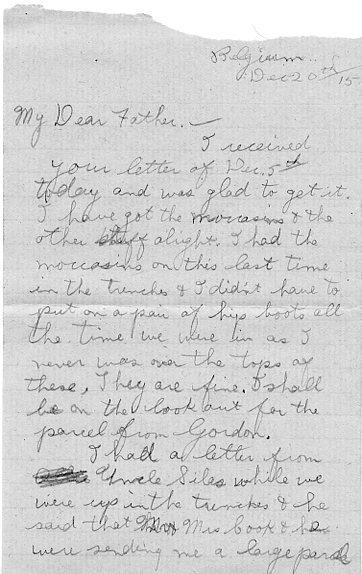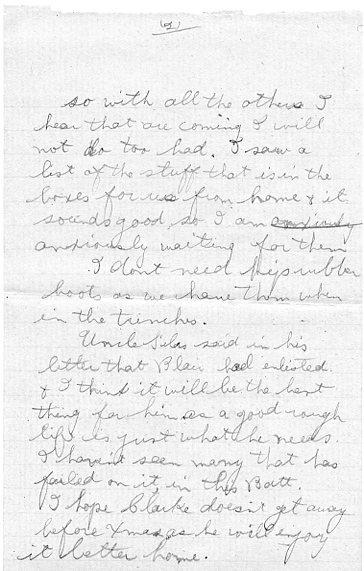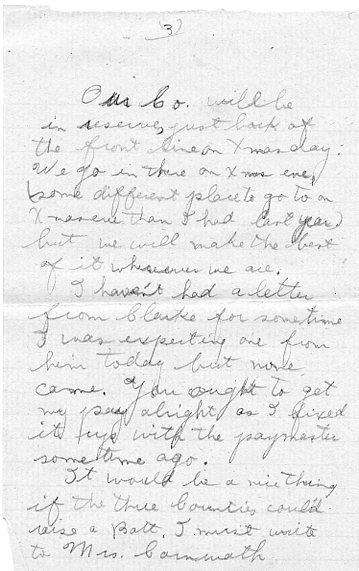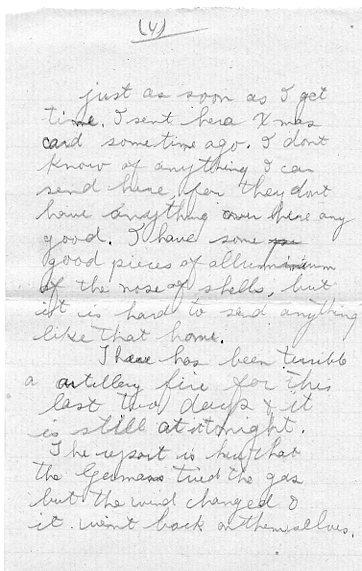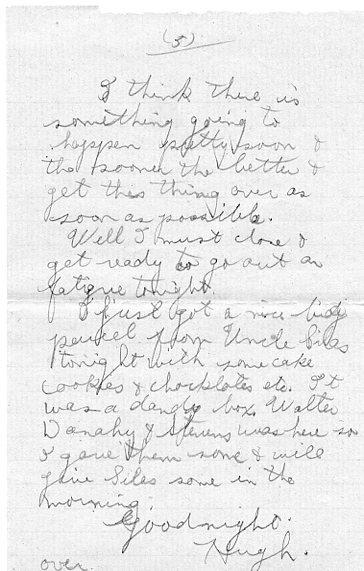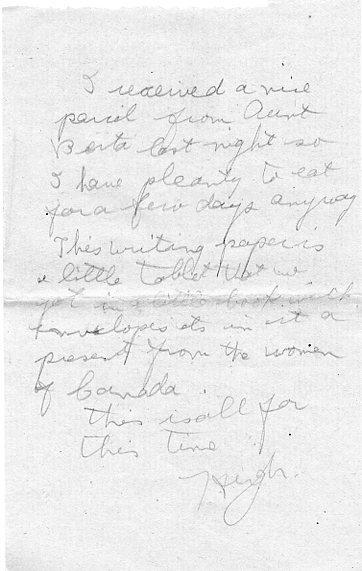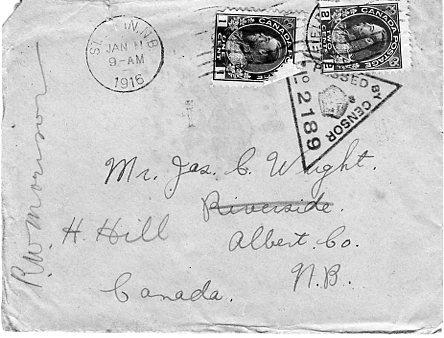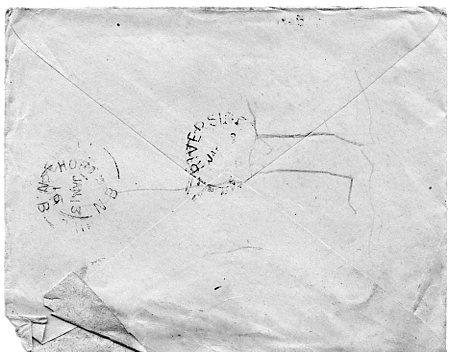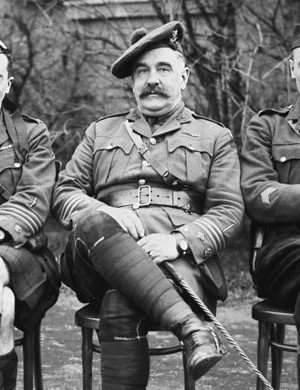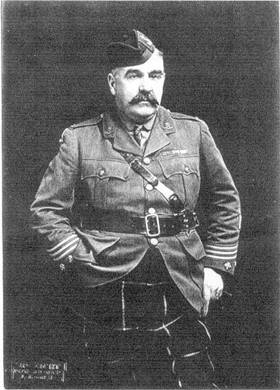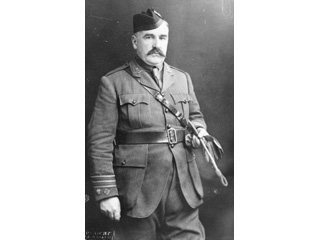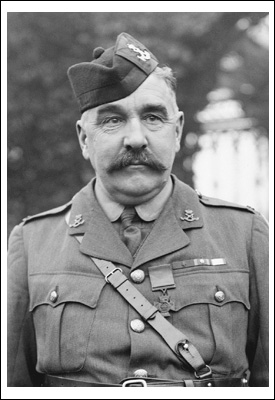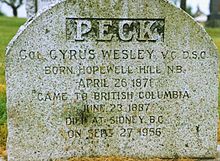The Seventh Top 10 Historical Event in Albert County was the birth of our 11th Prime Minster RB Bennett. Who just happens to be on our list of the Most Historical People in Albert County, so be sure to take the time to vote for the 10 Most Historical People of Albert County . Vote Here. Now the seventh event in the Top Ten Historical Events in Albert County History
The Birthplace and Hometown of Canada's 11th Prime Minister RB Bennett (b1870), who founded the Bank of Canada, the CBC and numerous other important Canadian Institutions.
RICHARD BEDFORD BENNETT (1870-1947)
was Canada’s eleventh Prime Minister and leader of the Conservative government from August 7th, 1930 to October 23rd, 1935, a period of tribulation that encompassed the worst years of the Great Depression.
Born on July 3rd, 1870 to Henrietta Stiles and Henry Bennett, a ship-building family, R. B. Bennett grew up in Hopewell Cape. His early education was rudimentary, but his mother instructed him in the classics. After teaching school for a few years, Bennett graduated from Dalhousie University in 1893 and practiced law in Chatham, New Brunswick for four years before moving to Calgary in what was then the Northwest Territories.
He served as Member of the Assembly of the Territories for six years before being elected MLA and Leader of the Opposition (1909-1911) in the new Alberta Legislature. He was president of the Calgary Power Company (1910-1920) and legal counsel for the Canadian Pacific Railway for many years. Bennett entered national politics and represented the constituency of Calgary East from 1911 to 1917, then Calgary West from 1925 to 1939.
R. B. Bennett held many portfolios during his years in government including: Director-General of National Service (1914-1917); Minister of Justice and Attorney General (1921); Minister Without Portfolio (1926); Minister of Finance (1926); Receiver General (1926, 1930-1932); Minister of Mines and Interior and Superintendent of Indian Affairs (1926); Secretary of State for External Affairs and President of the Privy Council (1930-1935). In 1927 he was elected leader of the Conservative Party. Bennett was an excellent parliamentarian and debater who strengthened his party leading up to the election of 1930.
PRIME MINISTER
Elected Prime Minister of Canada in 1930 with a strong majority, Bennett campaigned on a platform to provide progressive action to deal with the serious economic situation that would become known as The Great Depression. As the global economic depression continued to worsen, voters turned to governments for security that the economy could not provide. Traditional government measures which Bennett advocated, such as supporting the dollar and maintaining tariffs for dealing with deflation and unemployment, proved to be ineffective. Later, the new federal social welfare measures he introduced, such as early unemployment insurance and public work programs, called the “Bennett New Deal”, showed some early results during the last six months of his term, although they shocked many of his Conservative colleagues at the time. As the Depression continued amid declining provincial revenues that approached bankruptcy, especially in the West, the federal government had to contribute more to relief costs, further limiting Bennett’s programs through loss of government credit and revenues. As a result, Bennett faced isolation and major dissent across the country and even within his own party. The blame and responsibility for The Great Depression was attributed to Bennett personally with the Conservatives losing the election of 1935.
While Prime Minister of Canada R. B. Bennett created many progressive programs. He passed the Relief Act (1932); created the Canadian Broadcasting Commission (forerunner of the CBC); the central Bank of Canada (1935); and the Canadian Wheat Board (1935). In addition, Bennett signed the Statute of Westminster making the Canadian Parliament fully independent in its decisions.
VISCOUNT BENNETT
After suffering political and personal family losses, feeling no longer wanted as their Prime Minister by the people of Canada, and betrayed by his own Party, Bennett reconsidered a suggestion made to him in earlier years by his old friend Max Aitken (Lord Beaverbrook) and moved to England to live and continue his law practice. In 1941 R. B. Bennett was made Viscount (of Mickleham, Calgary and Hopewell) and joined the House of Lords. His health gradually deteriorated until his death at home in Mickelham in 1947. He was buried there in the ancient churchyard; the only Prime Minister not interred in Canada. Noted for his strong personality, decisiveness, and dedication to Canada, Bennett was personally generous with his acquired wealth during his lifetime and, by the direction of his estate, remains a benefactor to Canadians.
The Tom Collins Axe Murder Triple Trial which directly lead to Canada's Double Jeopardy laws. Double Jeopardy is a procedural defence that forbids a defendant from being tried again on the same (or similar) charges following a legitimate acquittal or conviction.
Winning the Victory Loans Competition of 1919 by raising a greater percentage over their set goal than anywhere else in the Province. The county raised $347600.00 with a goal of $110000.00. That's triple the amount! (in today's dollars that is $6.2 million!).
Founding of Fundy National Park in 1948.
